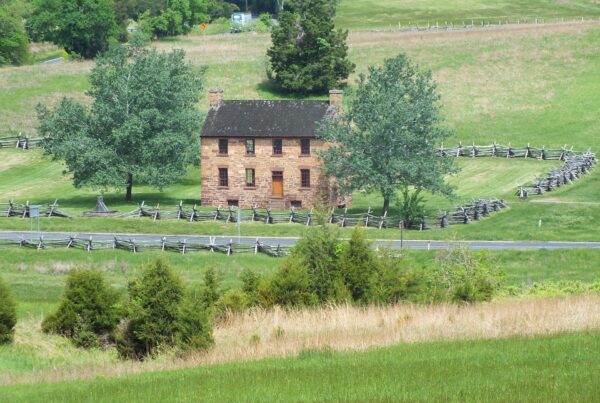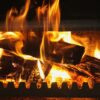Ultimate Guide to Eliminating Chimney Odors in Falls Church, VA
Chimneys are more than just architectural features; they serve an important purpose in our homes. As the temperatures in Falls Church, VA, start to drop, the inviting warmth of a crackling fire becomes a cherished part of the evening routine. However, an unpleasant smell can quickly turn this cozy ritual into a displeasing experience. Fortunately, eliminating chimney odors doesn’t have to be a daunting task. With the help of A&T Chimney Sweeps fireplace, furnace, dryer vent, gutter cleaning and repair services in Falls Church VA, you can effectively combat chimney odors and enjoy your fireplace to the fullest.
Understanding Chimney Odors
Chimney odors typically stem from creosote buildup, animal intrusions, or moisture problems. Creosote is a by-product of wood combustion that accumulates on the chimney walls. It has a sharp, smoky odor that intensifies when the weather is humid or when the chimney is wet. Animal intrusions, such as birds or squirrels nesting in your chimney, can also cause foul odors, particularly if the animal dies inside. Moisture problems can lead to mold and mildew growth, which produce a musty smell.
Eliminating Chimney Odors
1. Regular Cleaning and Inspection
The first step in eliminating chimney odors is regular cleaning and inspection. This ensures that creosote buildup, animal intrusions, and moisture problems are dealt with promptly. A professional chimney sweep will not only clean your chimney but also check for structural damage, water leaks, and other issues that could contribute to chimney odors.
A&T Chimney Sweeps, a trusted service provider in Falls Church, VA, offers comprehensive chimney cleaning and inspection services. They use modern equipment and techniques to thoroughly clean your chimney, reducing the risk of creosote buildup and associated odors.
2. Chimney Caps and Screens
Installing a chimney cap can prevent animal intrusions, which are a common cause of chimney odors. The cap covers the top of the chimney, preventing animals from entering while still allowing smoke and gases to escape. In addition to preventing animal intrusions, chimney caps also keep out rain and snow, reducing moisture in the chimney.
Chimney screens, on the other hand, are designed to catch larger pieces of debris, such as leaves and twigs, that could cause blockages and lead to unpleasant odors. A&T Chimney Sweeps can assist you with the installation of chimney caps and screens to help control chimney odors.
3. Waterproofing
Waterproofing your chimney can help prevent moisture problems, which are a major source of chimney odors. A waterproofing agent is applied to the exterior of the chimney, forming a barrier that prevents water from seeping into the masonry. This can help prevent mold and mildew growth and associated musty odors.
4. Use Seasoned Wood
Burning green or unseasoned wood can lead to excessive creosote buildup. Seasoned wood, on the other hand, has a lower moisture content and burns more cleanly, reducing creosote production and associated odors.
5. Deodorizing Products
There are several products on the market that can help to neutralize chimney odors. These include chimney deodorizing sprays, creosote sweeping logs, and odor-absorbing gels. These products can be used as part of your regular chimney maintenance routine to help keep odors at bay.
FAQs
Q: How often should I have my chimney cleaned?
A: The National Fire Protection Association recommends that chimneys be inspected at least once a year and cleaned as necessary.
Q: Do chimney caps prevent all moisture from entering the chimney?
A: While chimney caps significantly reduce the amount of rain and snow that can enter the chimney, they do not completely eliminate moisture. Humidity from the air can still enter the chimney and condense on the interior surfaces.
Q: Can I clean my chimney myself?
A: While it is possible to clean your chimney yourself, it is generally recommended to hire a professional. Chimney cleaning can be a dirty job and requires special equipment and knowledge to do effectively and safely.
Q: What is the best wood to use in my fireplace to reduce odors?
A: Hardwoods, such as oak or hickory, are generally the best choices for burning in a fireplace. They burn hotter and produce less creosote than softer woods.
In conclusion, eliminating chimney odors in your Falls Church, VA home is a manageable task with regular cleaning, proper equipment, and professional help when needed. By understanding the sources of these odors and taking the necessary steps to prevent them, you can ensure that your fireplace remains a source of comfort and enjoyment for your family.








